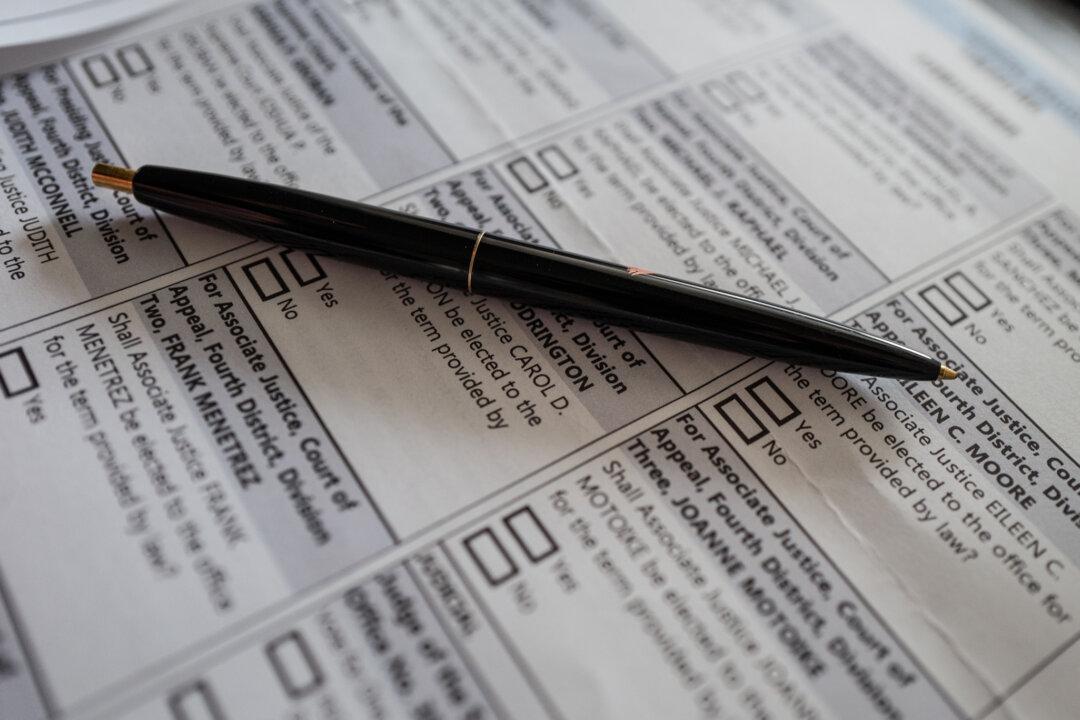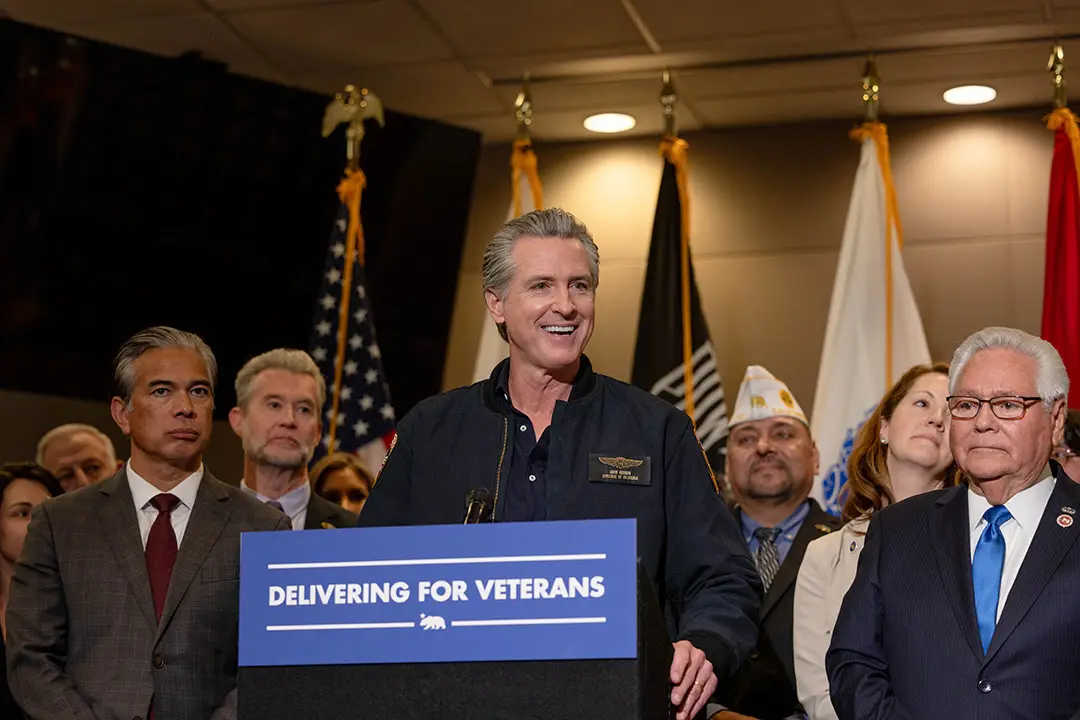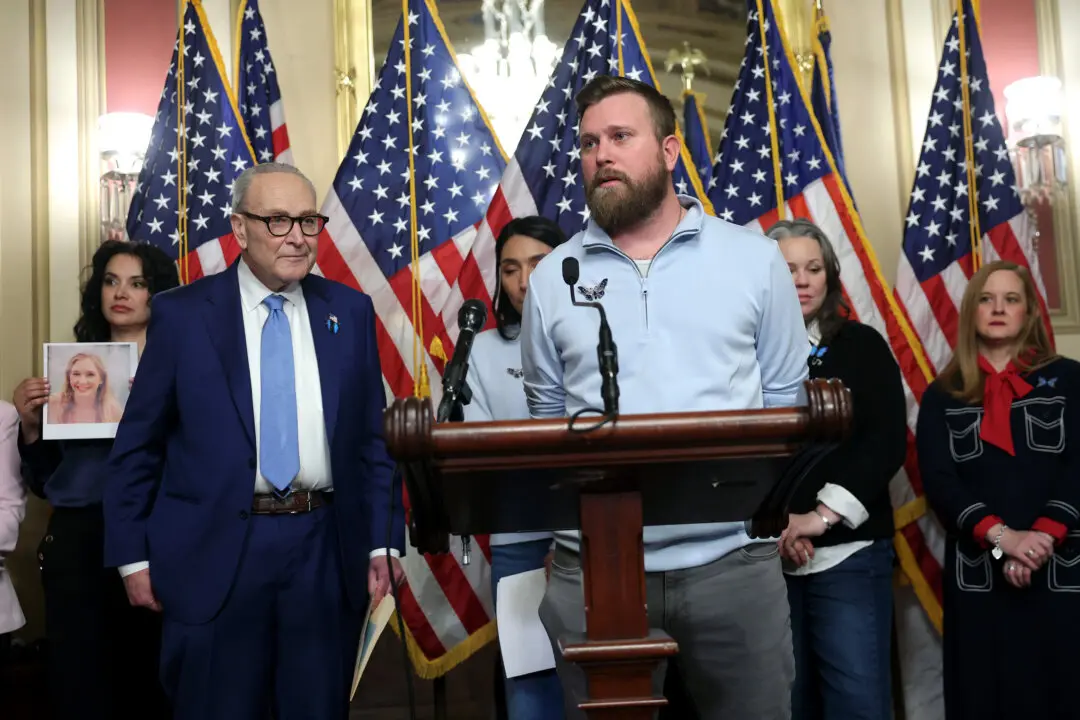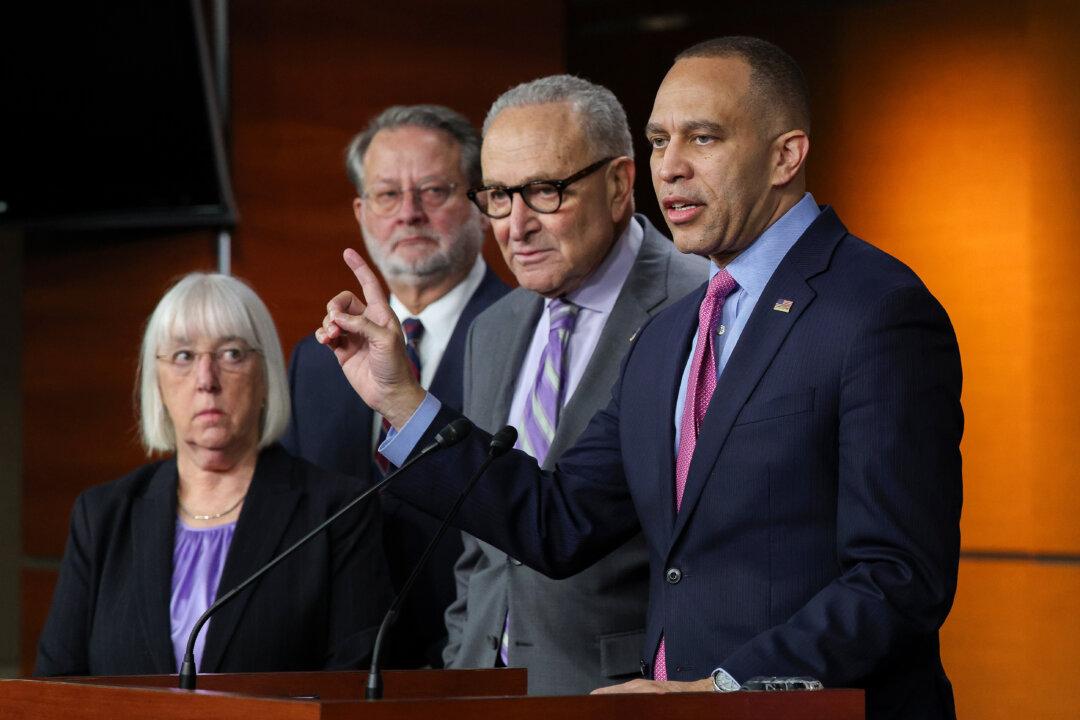Felons in Minnesota are now eligible to vote immediately upon release from incarceration after Democrat Gov. Tim Walz signed the “Restore the Vote” bill into law on March 3.
“Minnesotans who have completed time for their offenses and are living, working, and raising families in their communities deserve the right to vote. As a state that consistently ranks among the top three in voter turnout, Minnesota will continue to lead in the fight to protect and expand the right to vote,” Gov. Walz said in a press release.





